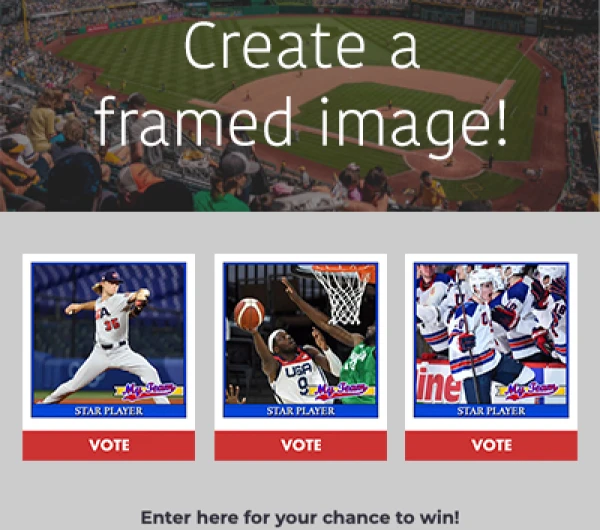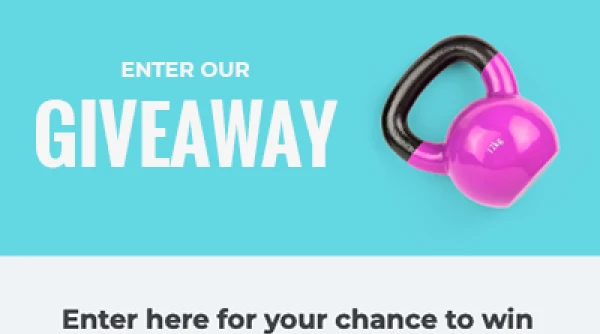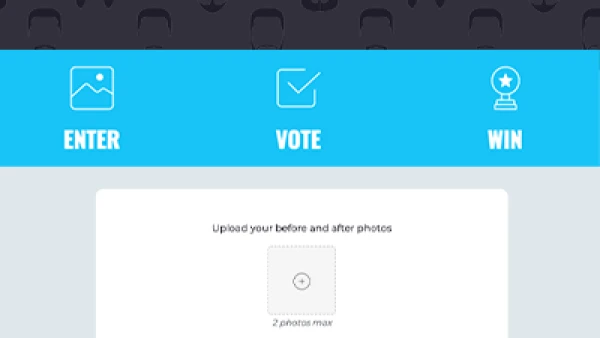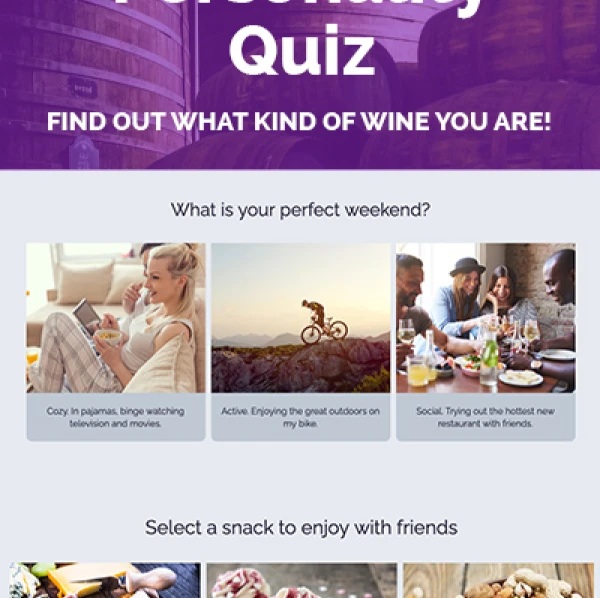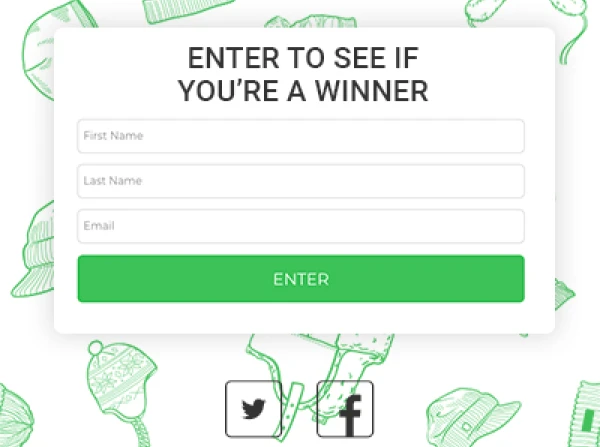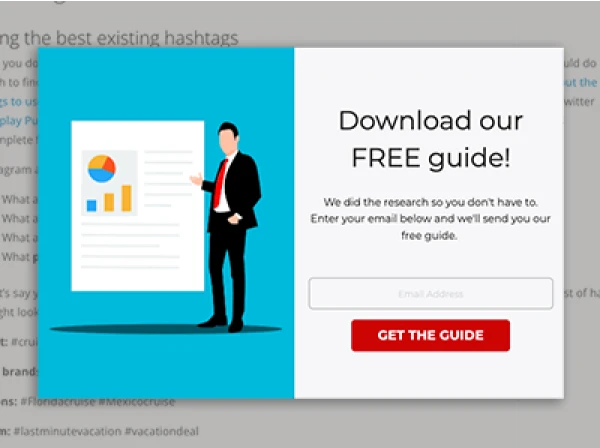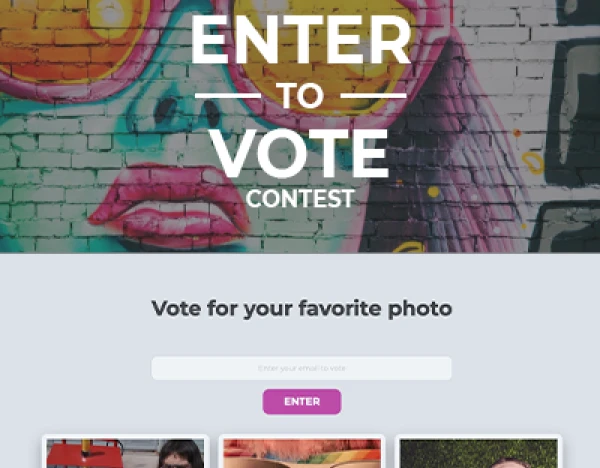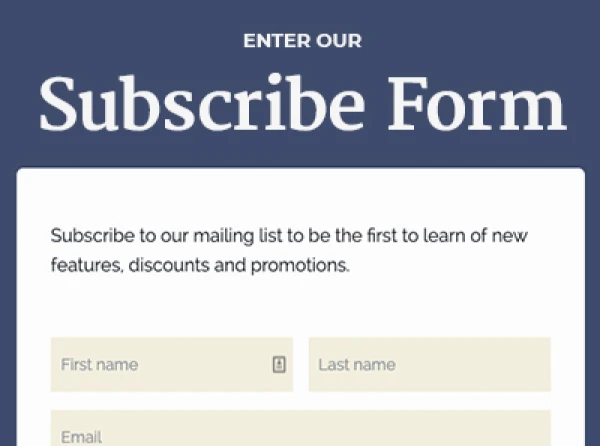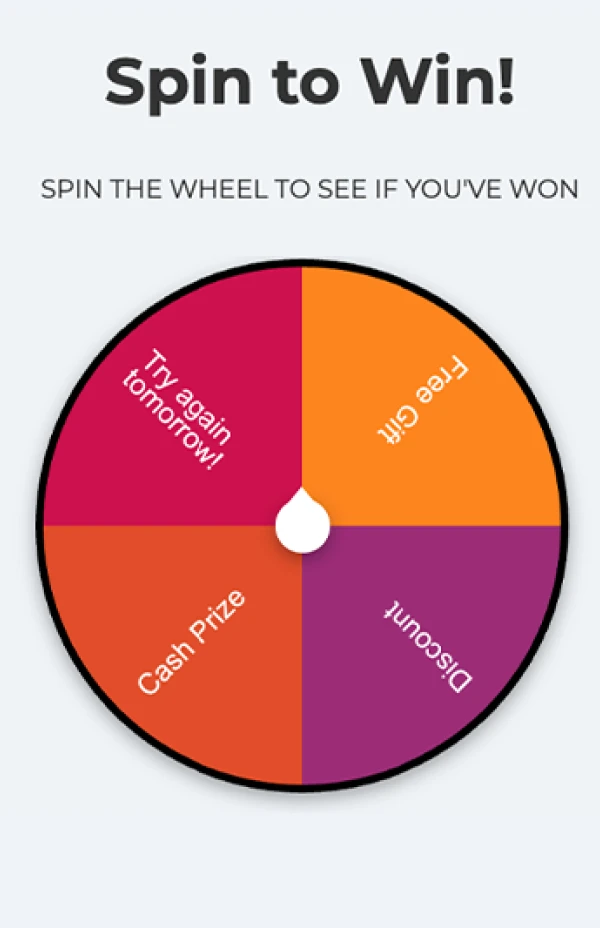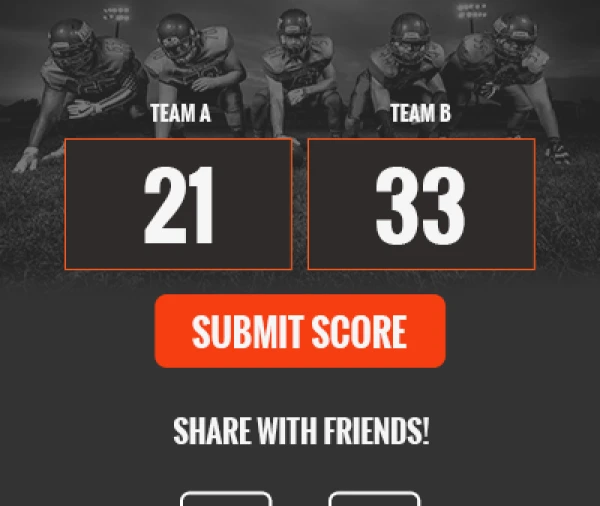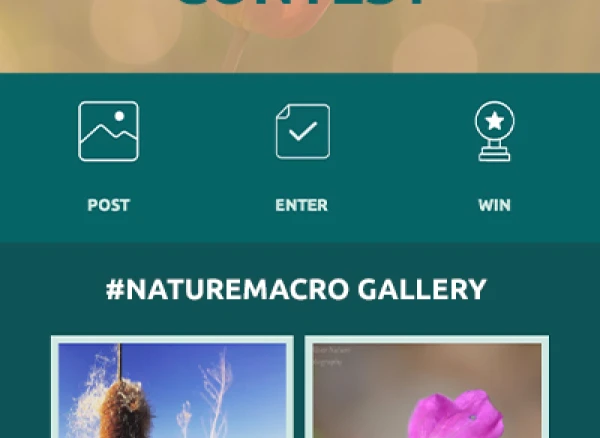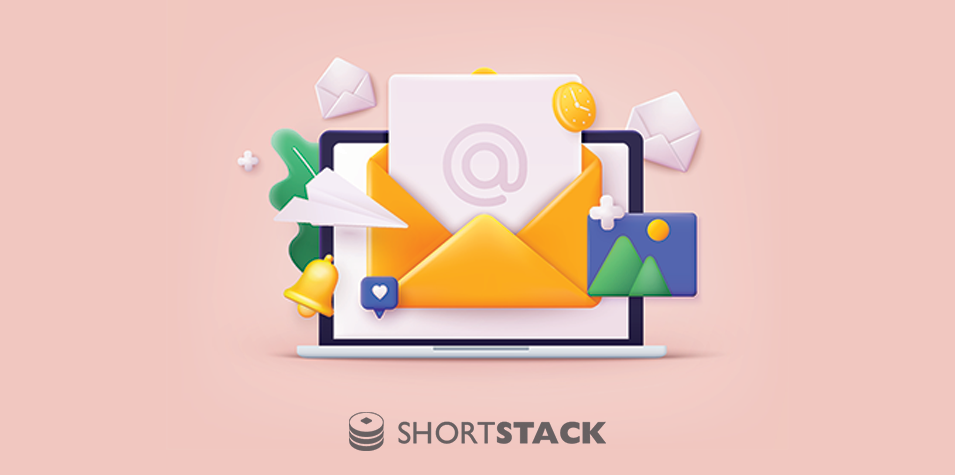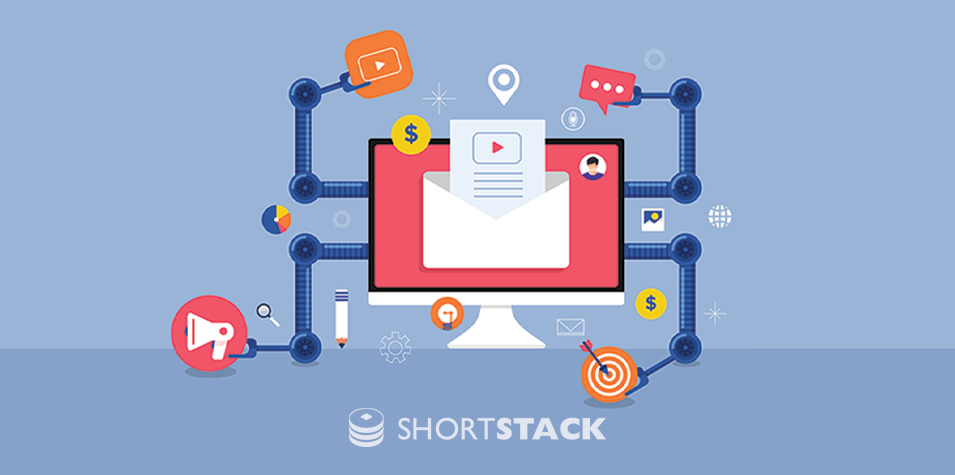On August 7, 2014, Facebook announced that it would no longer allow brands to "Like-gate" apps or campaigns. We've been recommending against this practice for a while now, but we know that some people are upset by Facebook's latest move. In this post we'll take a look at why Facebook made the decision and what it means for ShortStack users.
1. Why is Facebook making this change?
For several years Facebook has been releasing new features and algorithm changes that they believe will help brands build valuable audiences on Facebook.According to Facebook,"You must not incentivize people to use social plugins or to like a Page. This includes offering rewards, or gating apps or app content based on whether or not a person has liked a Page. It remains acceptable to incentivize people to login to your app, check in at a place or enter a promotion on your app’s Page." Facebook goes on to explain that the reason they're implementing this change is,"To ensure quality connections and help businesses reach the people who matter to them, we want people to like Pages because they want to connect and hear from the business, not because of artificial incentives. We believe this update will benefit people and advertisers alike" Essentially Facebook wants businesses to start collecting likes from fans who actually want to like their page. They no longer support brands forcing fans to like their page in return for a coupon or free download because most of those likes are not valuable users who will engage with your brand again later.
2. When will the changes go into effect?
The changes will take effect on November 5, 2014. Some campaign building platforms, depending on how their publishing is set up, started seeing the affects of the changes on Thursday, August 7 when the announcement was made.
3. What does this mean for businesses on Facebook?
From now until November 5 if your business is running a like-gated Facebook Campaign that is already installed and published you will not be affected (until November 5). On November 5, Facebook will be changing their API and will only show "non-fan" content for all published Campaigns that contain like-gated content.
4. What does this mean for ShortStack users?
ShortStack users who installed their Campaigns prior to August 7 will not be affected until November 5. If you plan on running your like-gated campaign past November 5 we suggest adjusting your Campaign to remove any like-gate features. For new ShortStack users, if you build a Campaign and use our Quick Publish feature you are still able to publish your Campaign. This will be the case until November 5. However, any campaigns built and published as of August 7 using ShortStack's custom publish will no longer support like-gating as a result of Facebook's changes. On November 5 Facebook will only show "non-fan" content for all published Campaigns.
5. As a ShortStack user, do I need to adjust my published Campaigns?
If your Campaign will end prior to November 5 you do not need to adjust your published Campaigns. If you plan on running your Campaign past November 5 we recommend removing any like-gate features.
6. What would happen if I tried to create a like-gated Campaign today?
If you use ShortStack's Quick Publish feature you are still able to publish a like-gated Campaign. Any Campaigns installed using ShortStack's Custom Publish feature will not support like-gating.
7. Why should I continue running Campaigns on Facebook if I can't use them to increase likes?
Growing likes is a small piece to the social media puzzle. Our recommended best practice is that businesses should focus on action-gating (collecting actionable and valuable data, not simply growing their likes). Some popular action-gating techniques include gathering demographic information, email addresses, newsletter sign-ups, voting and user generated content submissions. When a user does not feel "forced" to like your page, chances are they will like it anyway if they find the content you are providing is valuable to them.Another suggestion we have is to design your "gate" so that the user can submit as much or as little as they wish. For example, if you have five form fields, try rewarding them for filling out more of the form. For example, "Fill out your email address to receive 5% off. Complete all the fields to receive 20% off."
8. Can I still ASK for a like or share to enter a promotion?
Yes, you are still able to ask and encourage users to like a page. This Campaign from the Ralph and Vicki TV Show is a great example. They're currently running a giveaway where they're offering up a variety of prizes over a 10 week period.
Each week their fans are able to enter to win a prize and they include a note on their Campaign that says:
"Don't forget to LIKE our Facebook Page http://www.facebook.com/ralphandvicki and SHARE this Giveaway with your friends!!Here they are allowing anyone to enter their promotion while encouraging fans to like and share their information. The fans that choose to like the page in addition to entering the contest will most likely continue to engage with the brand.
9. How does this affect Timeline promotions?
If you are running a promotion on your Timeline as a status update, you can still "require" people to Like your status update or comment on your status update in order to enter your promotion. You can also require people to Like a photo, but you cannot require them to like your page.
10. Do likes still matter?
Of course! When collected properly, likes are a valuable source of leads. According to Jon Loomer,"the act of a "like" helps marketers bucket users for more effective targeting. If you build your audience with relevant people, this gives you a highly effective group of people to target when building your email lists, driving traffic to your website or selling."We encourage businesses to continue to run Campaigns on and off of Facebook in order to drive traffic from social sites to their website. The bigger social presence you have the more potential leads. Now that like-gating is a thing of the past the likes you do collect on your page will be of more value to your business and we expect for businesses to see a bump in their ROI from growing a more targeted Facebook audience.
About the author
Dana Sullivan Kilroy is a communications professional with more than 20 years of experience delivering compelling content. Her work has appeared in national, award-winning publications and sites, including: The New York Times, The Los Angeles Times, The Wall Street Journal, USA Today, and Fast Company, Inc.
Recent posts
Go back to blogGet marketing tips straight to your inbox
Launch an irresistible giveaway. Get started for free.
Join 630.000+ marketers that are boosting engagement and sales.
